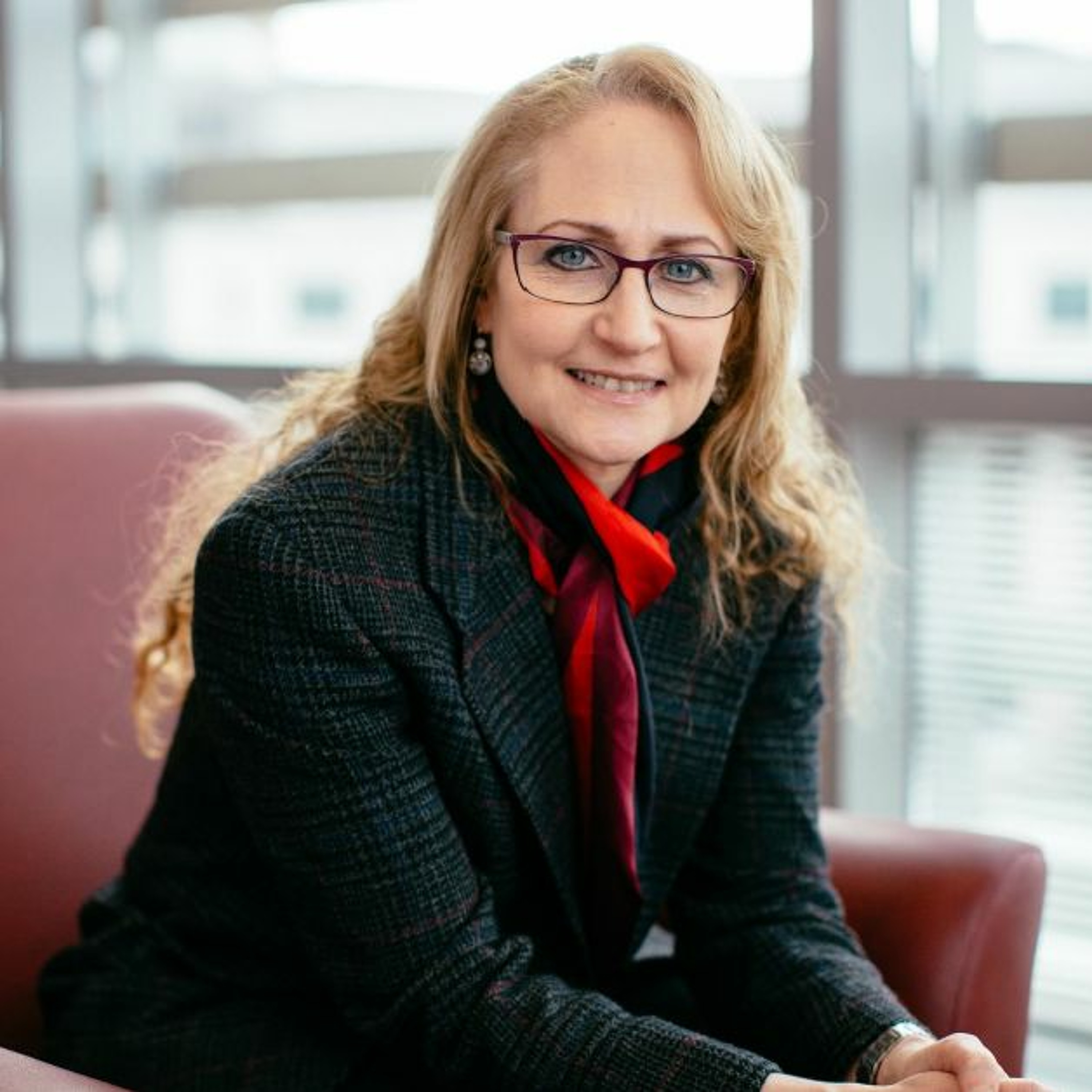Jo Handelsman - Mentor, Policymaker, Pioneer, Scientist

Jo Handelsman is director of the Wisconsin Institute of Discovery, and that's just the latest step in research career that began with an American Cancer Society postdoctoral fellowship in 1984. \n\nShe's a Howard Hughes Medical Institute Professor, co-founder of the Women in Science and Engineering Leadership Institute, and founder of the Wisconsin Program for Scientific Teaching. \n\nShe was the associate director for science in the White House Office of Science and Technology Policy, and President Obama awarded her the Presidential Award for Science Mentoring. \n\nAnd she's nationally recognized for her work on understanding implicit biases.\n\nACS talked with her about:\n\n4:38 - On her book, Entering Mentoring: A Seminar to Train a New Generation of Scientists \u2013 \u201cWe started interviewing faculty that we thought were great mentors, and all of them said, \u2018I don\u2019t know anything about mentoring; I just make a lot of mistakes.\u2019 So we thought, \u2018You know maybe we could do a little better than this,\u2019 and that\u2019s how we developed the course. It really evolved from what the mentors and mentees told us.\u201d\n\n8:58 \u2013 \u201cI always tell junior faculty, if you can\u2019t get other people to run the seminar, just run it yourself. I guarantee you\u2019ll have people who want to take it, and you\u2019ll learn so much from teaching it. And of course, you don\u2019t really have to \u2018teach\u2019 it. I\u2019ve taught it dozens of times now and I think I still learn almost as much the 20th time as I did the 1st time.\u201d\n\n10:35 \u2013 The story behind her landmark 2012 paper, "Science faculty\u2019s subtle gender biases favor male students" \u2013 \u201cIf you imagine the hundreds of interactions that a given faculty member will have or that a student will have with all their faculty\u2026If you imagine the males are getting just a little more time, or they\u2019re being encouraged to try for slightly more ambitious internships, research experiences or jobs\u2026You can see why men and women end up in very different places.\u201d\n\n13:05 \u2013 On why the study\u2019s results didn\u2019t surprise her \u2013 \u201cThis is an old story in the field of psychology, but when I would talk about studies like this (and there are hundreds of them, if not thousands, out there), scientists would always say, \u2018But we\u2019re trained to be objective, so we don\u2019t do that.\u2019 And of course, that shows a certain lack of understanding of what implicit or unconscious bias is. Science trains us in our cognitive minds to be objective but that doesn\u2019t influence our biases. Frankly if it did, then we wouldn\u2019t have to run blind experiments.\u201d\n\n15:45 \u2013 On the video interventions she\u2019s developed to address the issue \u2013 \u201cWe think there are ways to address these implicit biases even if they\u2019re kind of stuck in our deep brains and can\u2019t be rooted out. We can certainly deal with their impact.\u201d\n\n19:20 \u2013 Advice she\u2019d give to a young scientist on how to address implicit gender bias \u2013 \u201cIt\u2019s not an accusation against white men. It\u2019s not a plot to keep women and minorities out of academic science. This is just something all people do. And I think when you present it that way and say that becoming aware of it is a way to be more fair, get better people hired, better grants funded, and better papers accepted, it becomes a lot less threatening to people.\u201d\n\n23:20 \u2013 On her 3-year term under President Obama as the Associate Director for Science at the White House Office of Science and Technology Policy \u2013 \u201cHe really did seem to have a special respect for, appreciation for, and just kind of nerdy enjoyment of science. So it was always exciting to talk science with him and to develop policy for him and with him. That was probably one of the greatest privileges of my life\u2014working for him.\u201d\n\n29:13 \u2013 On the impact of ACS funding at the start of her career \u2013 \u201cWell I think the ACS postdoctoral fellowship made me very aware of the unity of biology very early on\u2026biology is biology and what we learn in one aspect is probably going to have some relevance to other aspects of biology.\u201d